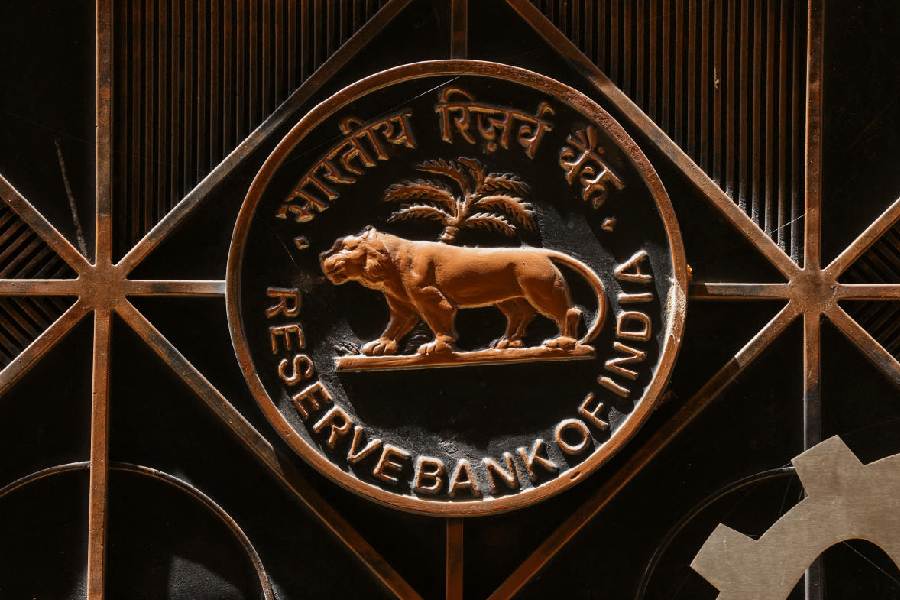Equity investors may have to surf through volatile waters this week following the deadly attack by Hamas on Israel.
Lurking behind the flare-up in West Asia are some other key triggers such as the start of the earnings season, release of inflation data both in India and the US apart from the minutes of the US Federal Open Market Committee.
Market circles feel the unexpected attack on Israel is unlikely to hit stocks significantly in the immediate term though investors will be hoping the conflict remains localised.
The conflagaration could increase the appetite for safe-haven assets such as gold and the dollar which could have an impact on both the stocks and the rupee.
The conflict is also seen as giving some support to crude oil prices, which have retreated to $84.58 on Friday from nearly nearly $97 per barrel levels in late September.
"It (the Hamas attack) may not have an impact in the short term. However, if it continues and the conflict escalates, equities will certainly be affected,’’ Arvind Kejriwal, director, KRIS, an investment research firm, said.
A note from IFA Global, a forex advisory firm, said the attack on Israel will affect risk sentiment when markets open on Monday though the extent of this impact will depend on the scale of escalation.
"If other Arab nations get involved and lend their support to Palestine, the escalation could be significant and could have serious consequences as far as crude supply is concerned. A spike in crude prices seems imminent in a knee-jerk reaction," the note said.
"The development would be negative for equities as well. As far as the rupee is concerned, if the conflict escalates, the RBI would have to decide between whether to keep exhausting reserves to defend the rupee or to let the rupee adjust as its did during the beginning of the Russia Ukraine war."
Though the initial reaction of investors across all asset classes will be one of risk aversion, it will diminish if the conflict remains localised, IFA Global said.
Apart from the conflict’s impact on risk-on sentiment, investors will have to confront September retail inflation numbers that will be released on October 12. The headline CPI inflation is expected to cool further down to around 5.3 per cent from 6.3 per cent in August because of falling vegetable prices and the reduction in LPG prices.
"The week is likely to be volatile given various events. A big rally despite the recent bout of correction is unlikely as the foreign portfolio investors continue to be sellers, and this may continue for some more time. The headwinds which investors are facing has now only increased with this sudden attack on Israel,’’ an analyst with a foreign brokerage said.












